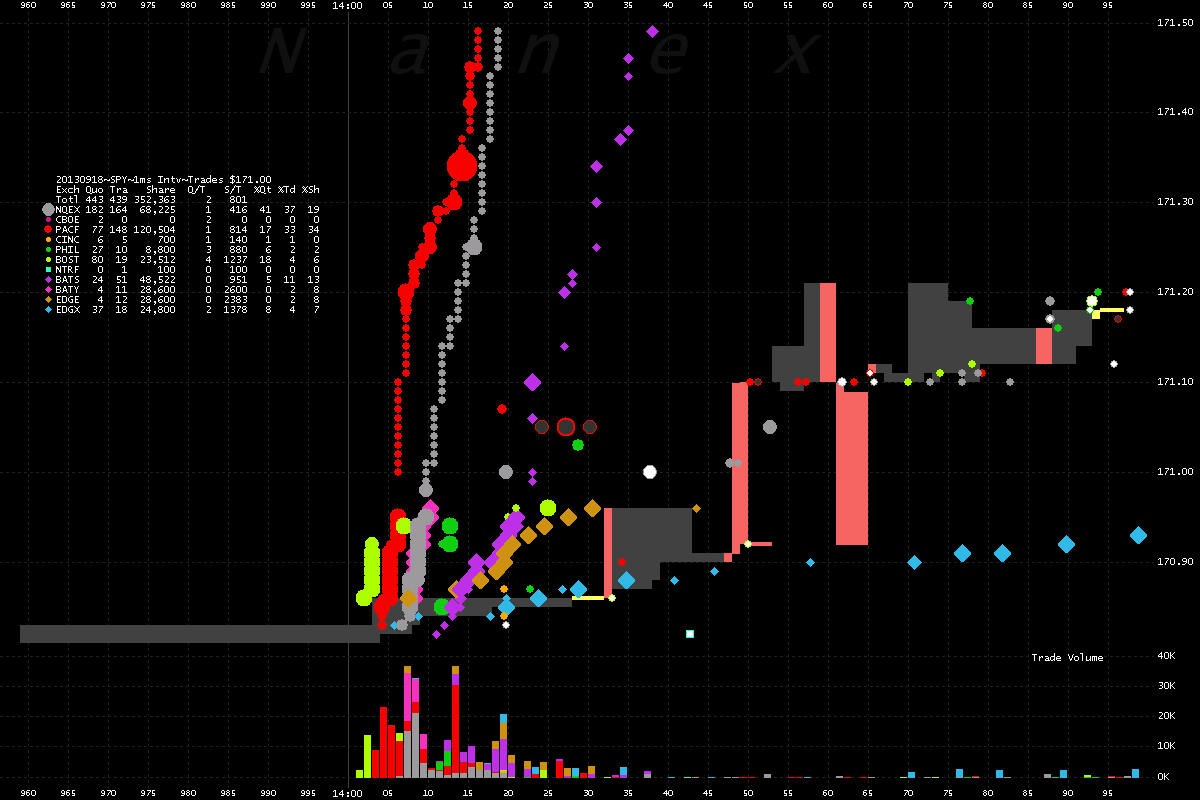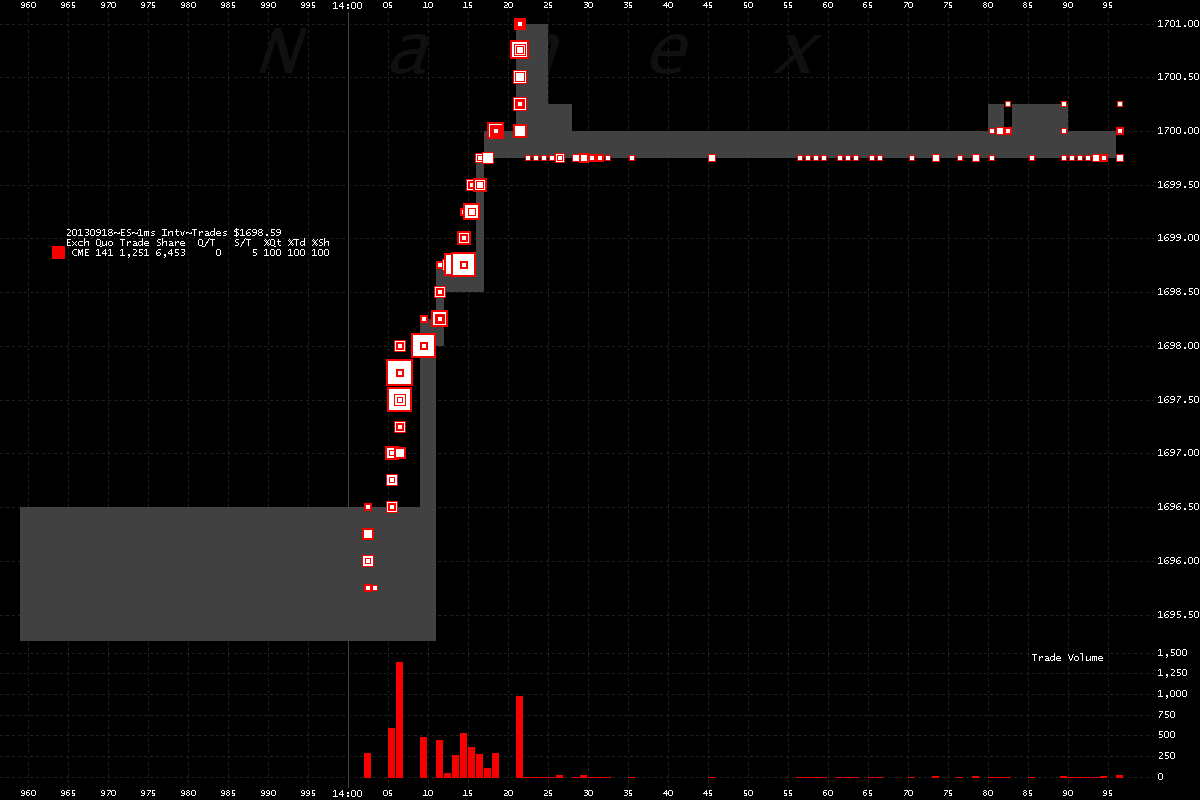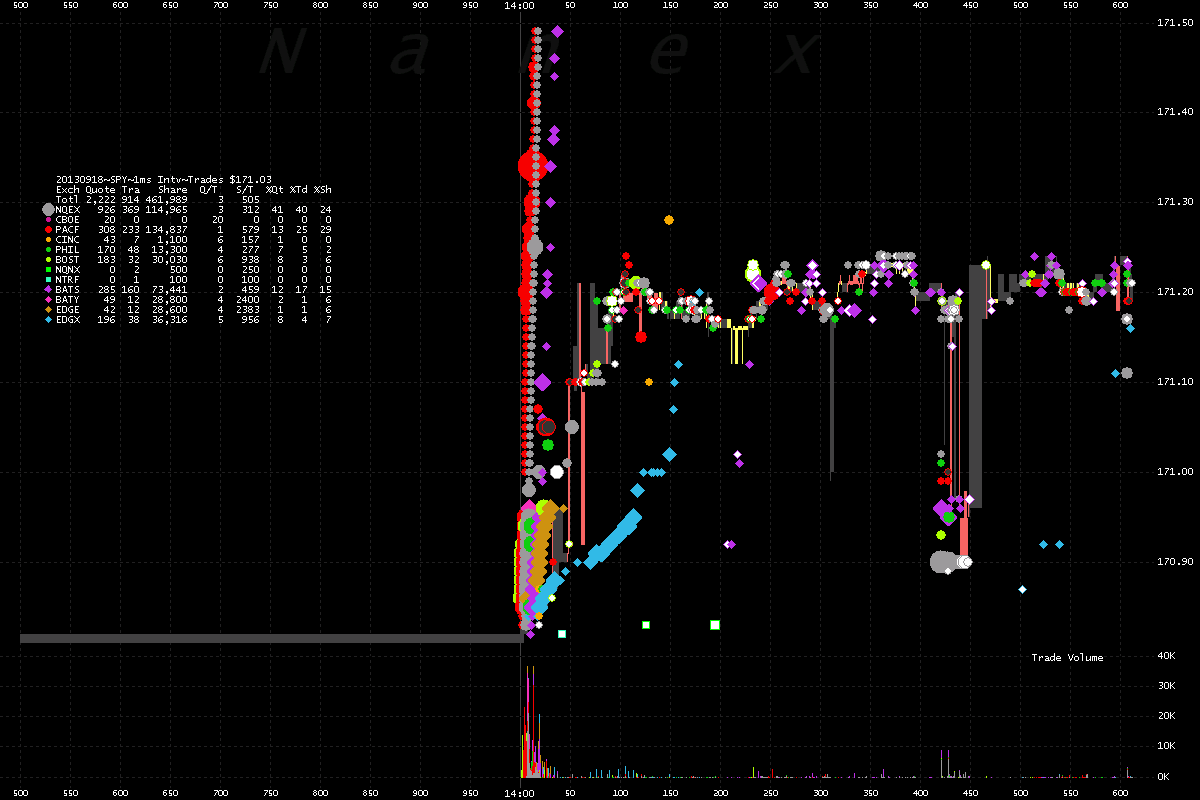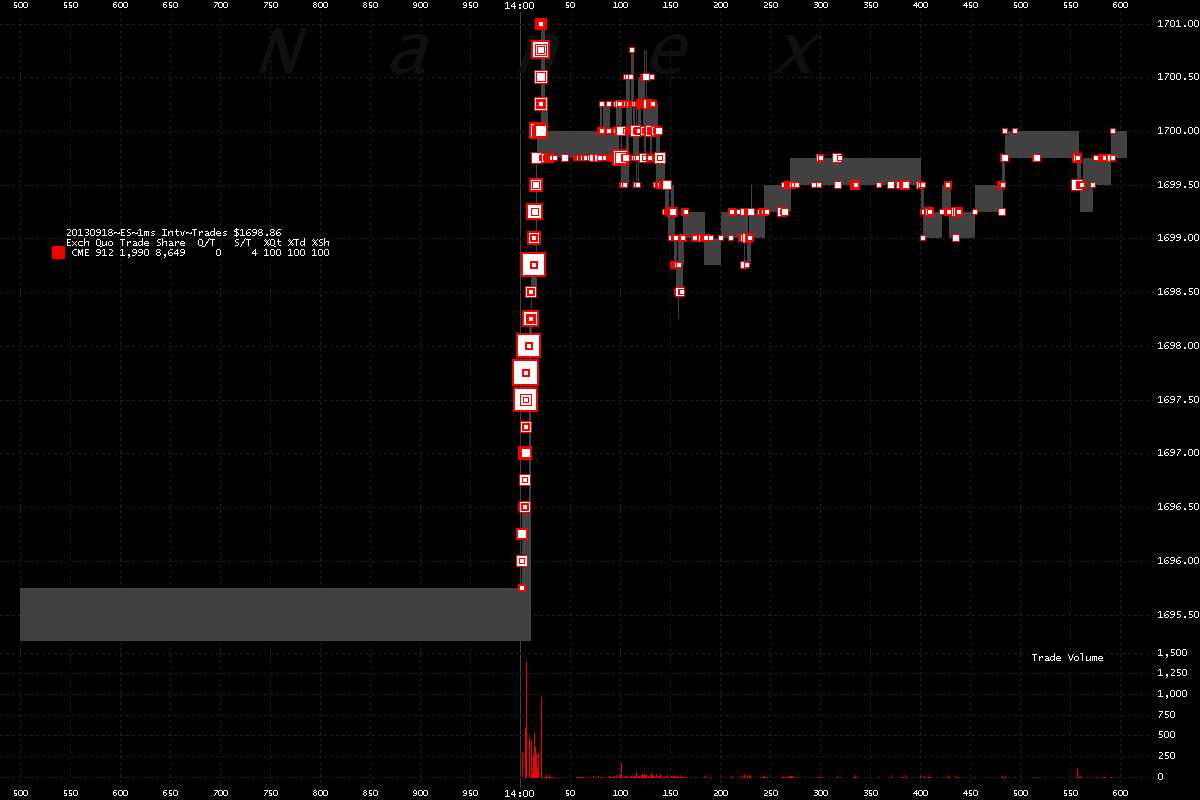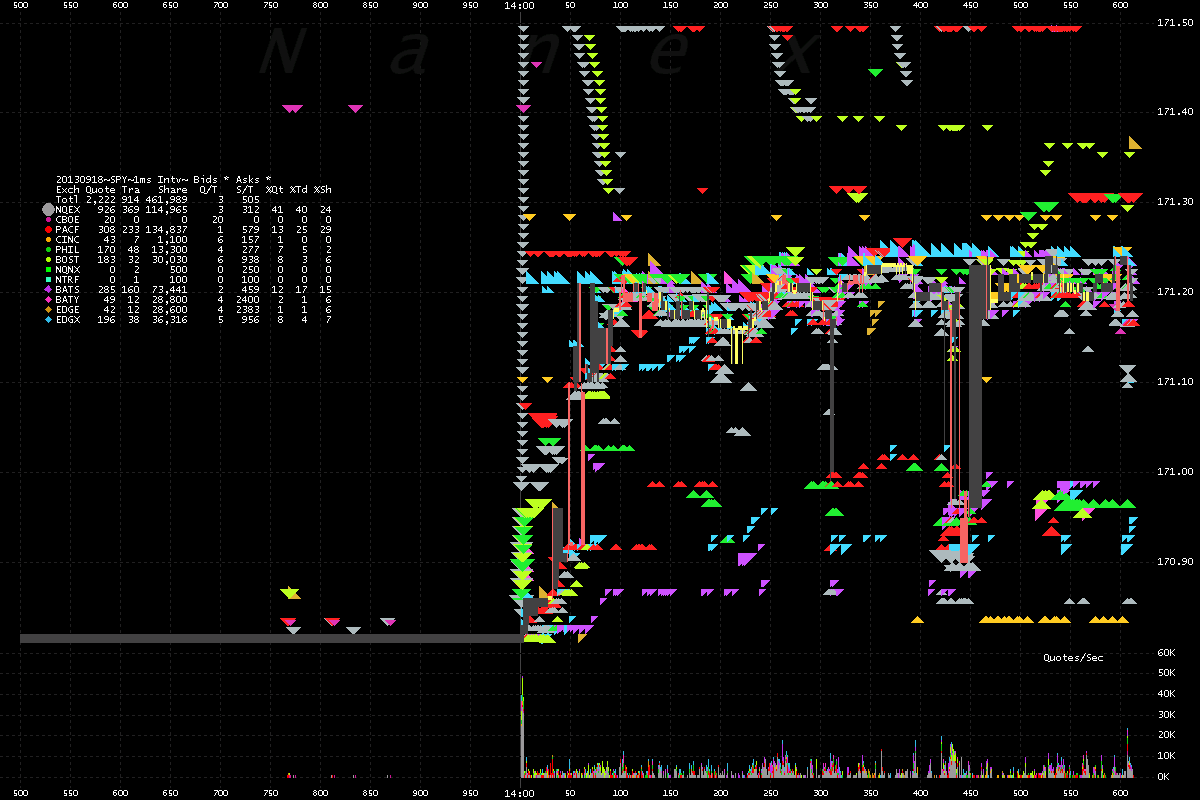RIO DE JANEIRO
(AP) -- Brazil plans to divorce itself from the U.S.-centric Internet
over Washington's widespread online spying, a move that many experts
fear will be a potentially dangerous first step toward fracturing a
global network built with minimal interference by governments.
President
Dilma Rousseff ordered a series of measures aimed at greater Brazilian
online independence and security following revelations that the U.S.
National Security Agency intercepted her communications, hacked into the
state-owned Petrobras oil company's network and spied on Brazilians who
entrusted their personal data to U.S. tech companies such as Facebook
and Google.
The leader is so angered by the
espionage that she's considering cancelling a trip to Washington next
month where she's scheduled to be honored with a state dinner.
Internet
security and policy experts say the Brazilian government's reaction to
information leaked by former NSA contractor Edward Snowden is
understandable, but warn it could set the Internet on a course of
Balkanization.
"The global backlash is only
beginning and will get far more severe in coming months," said Sascha
Meinrath, director of the Open Technology Institute at the
Washington-based New America Foundation think tank. "This notion of
national privacy sovereignty is going to be an increasingly salient
issue around the globe."
While Brazil isn't
proposing to bar its citizens from U.S.-based Web services, it wants
their data to be stored locally as the nation assumes greater control
over Brazilians' Internet use to protect them from NSA snooping.
The
danger of mandating that kind of geographic isolation, Meinrath said,
is that it could render inoperable popular software applications and
services and endanger the Internet's open, interconnected structure.
The
effort by Latin America's biggest economy to digitally isolate itself
from U.S. spying not only could be costly and difficult, it could
encourage repressive governments to seek greater technical control over
the Internet to crush free expression at home, experts say.
In
December, countries advocating greater "cyber-sovereignty" pushed for
such control at an International Telecommunications Union meeting in
Dubai, with Western democracies led by the United States and the
European Union in opposition.
U.S. digital
security expert Bruce Schneier says that while Brazil's response is a
rational reaction to NSA spying, it is likely to embolden "some of the
worst countries out there to seek more control over their citizens'
Internet. That's Russia, China, Iran and Syria."
Rousseff
says she intends to push for international rules on privacy and
security in hardware and software during the U.N. General Assembly
meeting later this month. Among Snowden revelations: the NSA has created
backdoors in software and Web-based services.
Brazil
is now pushing more aggressively than any other nation to end U.S.
commercial hegemony on the Internet. More than 80 percent of online
search, for example, is controlled by U.S.-based companies.
Most
of Brazil's global Internet traffic passes through the United States,
so Rousseff's government plans to lay underwater fiber optic cable
directly to Europe and also link to all South American nations to create
what it hopes will be a network free of U.S. eavesdropping.
More
communications integrity protection is expected when Telebras, the
state-run telecom company, works with partners to oversee the launch in
2016 of Brazil's first communications satellite, for military and public
Internet traffic. Brazil's military currently relies on a satellite run
by Embratel, which Mexican billionaire Carlos Slim controls.
Rousseff
is urging Brazil's Congress to compel Facebook, Google and all
companies to store data generated by Brazilians on servers physically
located inside Brazil in order to shield it from the NSA.
If
that happens, and other nations follow suit, Silicon Valley's bottom
line could be hit by lost business and higher operating costs:
Brazilians rank No. 3 on Facebook and No. 2 on Twitter and YouTube. An
August study by a respected U.S. technology policy nonprofit estimated
the fallout from the NSA spying scandal could cost the U.S. cloud
computing industry, which stores data remotely to give users easy access
from any device, as much as $35 billion by 2016 in lost business.
Brazil
also plans to build more Internet exchange points, places where vast
amounts of data are relayed, in order to route Brazilians' traffic away
from potential interception.
And its postal
service plans by next year to create an encrypted email service that
could serve as an alternative to Gmail and Yahoo!, which according to
Snowden-leaked documents are among U.S. tech giants that have
collaborated closely with the NSA.
"Brazil
intends to increase its independent Internet connections with other
countries," Rousseff's office said in an emailed response to questions
from The Associated Press on its plans.
It
cited a "common understanding" between Brazil and the European Union on
data privacy, and said "negotiations are underway in South America for
the deployment of land connections between all nations." It said Brazil
plans to boost investment in home-grown technology and buy only software
and hardware that meet government data privacy specifications.
While
the plans' technical details are pending, experts say they will be
costly for Brazil and ultimately can be circumvented. Just as people in
China and Iran defeat government censors with tools such as "proxy
servers," so could Brazilians bypass their government's controls.
International
spies, not just from the United States, also will adjust, experts said.
Laying cable to Europe won't make Brazil safer, they say. The NSA has
reportedly tapped into undersea telecoms cables for decades.
Meinrath
and others argue that what's needed instead are strong international
laws that hold nations accountable for guaranteeing online privacy.
"There's nothing viable that Brazil can really do to protect its citizenry without changing what the U.S. is doing," he said.
Matthew
Green, a Johns Hopkins computer security expert, said Brazil won't
protect itself from intrusion by isolating itself digitally. It will
also be discouraging technological innovation, he said, by encouraging
the entire nation to use a state-sponsored encrypted email service.
"It's sort of like a Soviet socialism of computing," he said, adding that the U.S. "free-for-all model works better."
---
Associated Press writer Bradley Brooks reported this story in Rio de Janeiro and Frank Bajak reported from Lima, Peru.
---

